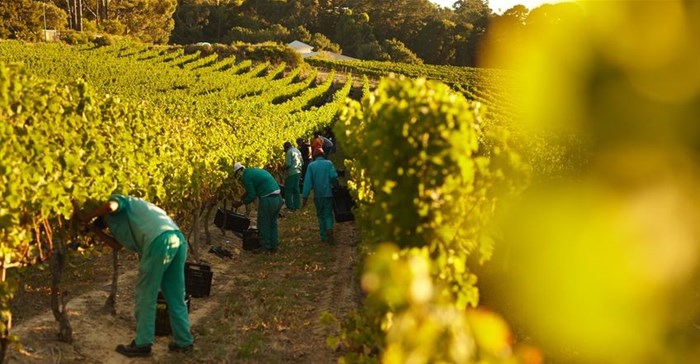
This is why the medium-term budget policy statement (MTBPS) is important as it presents an opportunity to boost investor confidence, avert a possible downgrade and increase the support given to agriculture – a sector that not only holds the key to our food security but also has the potential to unlock the much desired economic growth.
Agriculture contributed significantly to the latest positive GDP figures and can play an even bigger role in the economy if given the support it needs. It is important that we continue to find ways to optimise the output of the agricultural sector and thereby guaranteeing our food security. To this end, our policy interventions need to pay attention to a number of immediate and pressing challenges the sector faces. Below I highlight some of the specific industries whose challenges must be given priority to ensure that the sector pumps on all cylinders.
The local poultry industry has come under severe pressure in recent years largely from external competition and, most recently, from environmental factors, such as the outbreak of avian influenza. In the immediate term, budget allocations need to deal with increased environmental risks.
Any interventions need to include guidelines for compensation payable to affected commercial producers in order to completely eradicate the H5N8 virus. If producers are not compensated, it could be impossible to completely eradicate the disease as some farmers may opt not to report cases for fear of suffering losses. Failing to deal effectively with the disease, our national food security status stands to be impacted negatively and job losses may increase. Food security is about accessibility, safety and affordability.
As a result of the disease, consumers can already expect to as much as R3 more per dozen of eggs in coming months due to supply shortages caused by the continued culling of chickens. This would make eggs less affordable due to the increased production costs and additional biosecurity measures needed. The cost impact could cascade further to producers of goods that use eggs as ingredients and ultimately to the consumer.
The local grain and oilseeds industry is one of the largest agricultural sectors, contributing significantly to the country’s total gross agricultural production and providing much-needed employment. Maize is the largest and most important locally produced field crop, a dietary staple, a source of livestock feed, and an export crop. Grain and oilseed producers could do with increased support from the state.
For example, grain and oilseed producers need a crop insurance scheme to assist them in dealing with extreme climatic condition. Black grain producers, in particular, would do with a lot of state support, such as a government guarantee system in order for them to access to production loans as many of them do not have title deeds of the land they work to use as collateral.
The national budget also needs to address primary research and development, especially the development of drought-tolerant varieties. This will ensure that our sector remains sustainable and competitive. At the moment, we spend way less on research and development than our competitors do.
The local wine industry, which is largely based in the Western Cape, has also come under pressure due to a number of factors, including the ongoing drought conditions in the region. To support the industry, the budgeting process should consider boosting the capacity of the Department of Agriculture’s unit dealing with international trade. This will assist it to negotiate favourable free trade and preferential trade agreements for the wine industry, especially with regard to our BRICS trading partners and new trade opportunities that Brexit offers in the UK market.
Secondly, the excise duties on wine need to be adjusted lower in order to increase the sustainability of the struggling producers as well as the wine tourism industry. Bold steps must be taken to prevent further losses in the production of wine grapes and jobs. A decrease in excise duties on a product such as wine will probably stimulate the economy more directly, resulting in an increase in the GDP for agriculture and its contribution to the overall economic performance of South Africa than to make a general contribution to the fiscus.
In the short to medium term, South Africa’s horticultural industry urgently needs assistance with the development of water infrastructure. It is necessary to expand on additional storage capacity, sufficient maintenance of existing water irrigation scheme infrastructure, and efficiency of utilisation and allocation of water.
Effective disaster management systems and aid in times of drought also need to be addressed sufficiently in the budget. In addition, the financial services providers need to explore affordable insurance products to cover against disasters, such as drought or hail.
Transformation in the sector could benefit immensely from more policy certainty, especially when it comes to strengthening property rights with regards to land restitution and reform. Also, something needs to be done about the high entry barriers and input requirements in order to allow new entrants into agricultural production. Sufficient budgets for proper agricultural training and education of new commercial producers could be a start to ensure success.
Finance Minister Malusi Gigaba’s speech next week may be opportune to reflect on the pressing needs of our agricultural industries and to reconsider the budget allocations to improve the productivity of agriculture. Providing more support to agriculture would go a long way in addressing our food security concerns as well as contributing to the economy. It is for these reasons that agriculture continues to receive priority from policymakers.